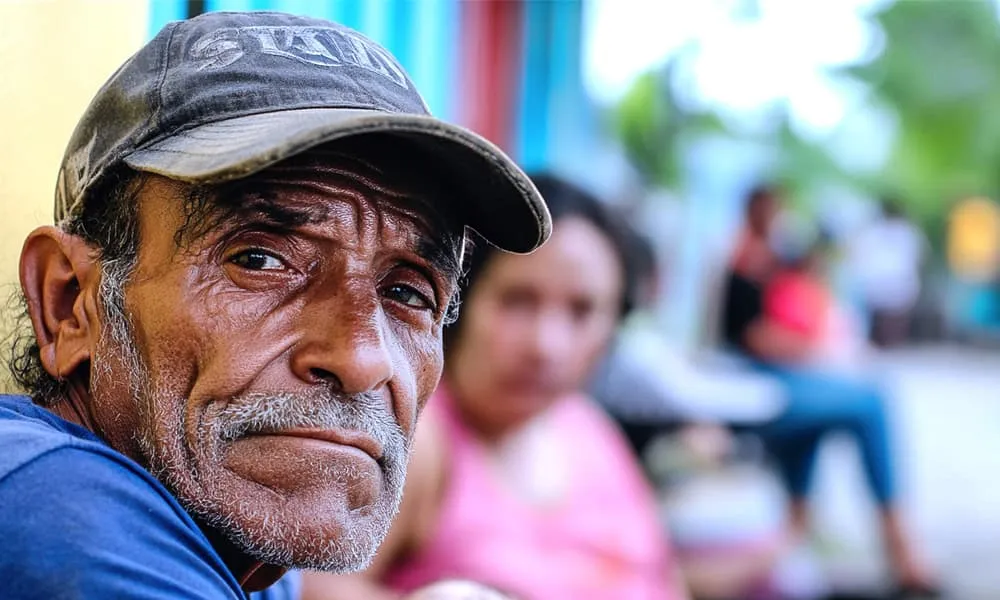Poverty Decreases in Costa Rica, Yet Wage Gaps Remain a Challenge

Poverty Reductions in Costa Rica
In recent years, poverty decreases have been a focal point in Costa Rica. Government initiatives aimed at enhancing social welfare have led to a noticeable decline in poverty rates. However, while these numbers reflect progress, income disparities persist, raising questions about the overall effectiveness of the strategies implemented.
Wage Gaps: A Dual Challenge
This ongoing wage gap reflects a deeper issue within the labor market. Different sectors experience various levels of income growth, with wage disparities particularly pronounced between skilled and unskilled labor. As the economy grows, addressing these gaps becomes crucial for sustainable development.
Key Factors Influencing Wage Gaps
- Job Sector Variability
- Education and Skills Mismatch
- Economic Policies and Regulation
The Road Ahead
To combat wage gaps, Costa Rica's policymakers must focus on equitable growth strategies, ensuring that poverty decreases in tandem with fair wages. The path forward requires a collaborative approach involving various economic stakeholders.
This article was prepared using information from open sources in accordance with the principles of Ethical Policy. The editorial team is not responsible for absolute accuracy, as it relies on data from the sources referenced.